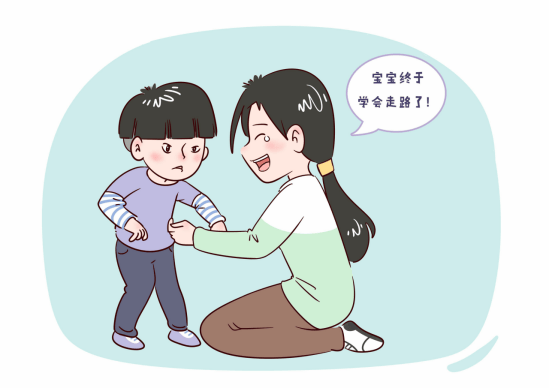On the road of raising children, every parent is full of anticipation and hope, but facing children with relatively delayed intellectual development, parents’ emotions are often more complex and heavy. However, the power of love is infinite. Through the correct way of communication and positive actions, we can pave a hopeful path of growth for these children. Today, let’s discuss the 4 types of things parents should say less and the 4 things they need to do more when facing children with intellectual disabilities.
4 types of things to say less
Negative and derogatory words: “Why are you so stupid?” “Others can do it, why can’t you?” Such words seriously hurt children’s self-esteem and confidence, causing them to sink into self-denial.
Comparison and blaming: “Look at Xiao Ming, how smart he is!” Endless comparisons will only make children feel more helpless and discouraged, increasing their psychological burden.
Excessive protection: “Don’t touch this, you can’t do that.” Excessive protection deprives children of the opportunity to try and learn, limiting their room for growth.
Despairing predictions: “This is how you will be for the rest of your life.” Such remarks not only do not help solve the problem but also cast a shadow over the children’s hearts, affecting their future prospects.
4 things to do more
Provide unconditional love and support: Let children feel the warmth and unconditional love of the family, which is the strongest backing on their path of growth. Regardless of how children perform, encouragement should be the essence, letting them know that home is always their safest haven.
Customize personalized learning plans: Work with professionals to develop personalized learning plans based on the child’s actual situation. This includes cognitive training, sensory training, language development, and other aspects, aiming to comprehensively enhance the child’s abilities.
Cultivate interests and hobbies: Encourage children to participate in activities they are interested in, such as drawing, music, crafts, etc. These activities can not only stimulate children’s creativity and imagination but also help them build confidence and enjoy the joy of success.
Actively participate in social activities: Guide children to participate in suitable social activities, such as parent-child games, community events, etc. Through interacting with other children, they can learn how to get along with others, share, and cooperate, which are vital for their social adaptability and emotional development.
[If there is any infringement, contact for deletion].


